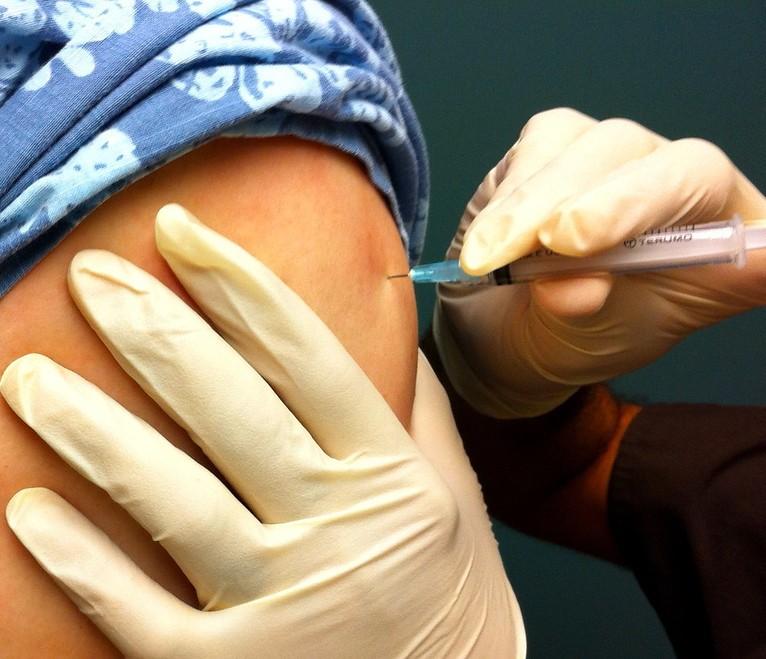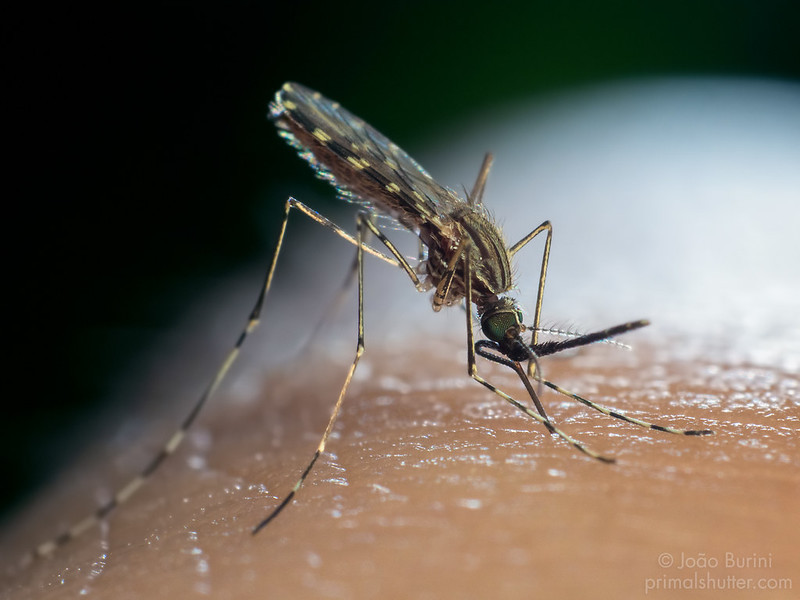Invivyd recently announced that it has received and has accepted advice from the US Food and Drug Administration (FDA) on a rapid pathway to potential approval for its low-dose, intramuscular pre-exposure monoclonal antibody preventive against COVID-19, which the company said would offer a more patient-friendly option and open the pre-exposure treatments to broader use.

In a statement, the company said its novel monoclonal antibody (VYD2311) leverages the same antibody backbone as pemivibart (Pemgarda), an intravenous monoclonal antibody, which received an FDA emergency use authorization in March 2024 for pre-exposure prevention in adolescents and adults with moderate-to-severe immunocompromising conditions. It also uses adintrevimab, the company's investigational monoclonal antibody that has shown good safety data and clinically meaningful results in phase 2/3 clinical trials.
Company eyes potential for broader use
The FDA advised the company that a single phase 2/3 randomized, double-blind, placebo-controlled trial evaluating efficacy from a modest number of confirmed COVID infections could support a licensing submission for preventing the disease in a broad population ages 12 and older, including immunocompromised people, pending full protocol review. The company said it plans to study two different doses and signaled that it anticipates, pending regulatory alignment, a clinical cohort that would explore safety and tolerability compared to vaccination.
We believe the FDA’s feedback underscores the shared urgency to advance innovative solutions for prevention of COVID-19.
Rachael Gerlach, PhD, Ivivyd’s vice-president of regulatory affairs, said, "We are grateful for the FDA’s clear and constructive feedback, which provides a well-defined path forward for our COVID-19 development program. We believe the FDA’s feedback underscores the shared urgency to advance innovative solutions for prevention of COVID-19."
Marc Elia, who chairs Invivyd's board of directors, said the availability of an injectable monoclonal antibody could signal a shift beyond real and perceived limitations of COVID vaccines by offering Americans a new non-vaccine choice.












